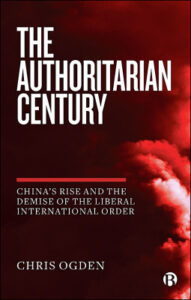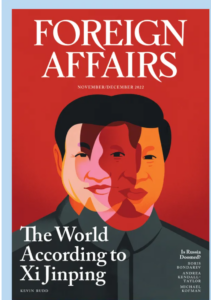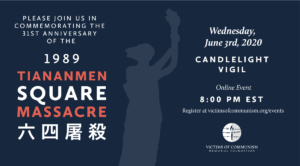 The West should recreate a strong liberal bloc to resist revisionist China’s authoritarian aggression, says Aaron Friedberg, Professor of Politics and International Affairs at Princeton University and the author of “Getting China Wrong” (2022):
The West should recreate a strong liberal bloc to resist revisionist China’s authoritarian aggression, says Aaron Friedberg, Professor of Politics and International Affairs at Princeton University and the author of “Getting China Wrong” (2022):
- Beijing uses the threat of force to try to alter the territorial status quo in the Indo-Pacific;
- it has deployed its growing clout in the developing world to manipulate international institutions and challenge the “so-called universal values” of the liberal West;
- and it seeks to wield its economy as a weapon, threatening to cut off supplies of critical materials and deny access to its massive market to countries that oppose its policies.
Mr Xi aims to weaken, divide and isolate the advanced democracies, hoping to put China at the centre of an alternative, anti-Western grouping that includes much of the world’s population and extends across large swathes of the global South, he writes for The Economist:
Having tried and failed once again to construct an inclusive, globe-spanning order, liberal democracies must once again fall back to a more defensible position: protecting the perimeter of an expanded but still partial bloc of liberal nations, strengthening ties among members and shielding their open societies and economies from penetration and exploitation.
 China is now promoting an alternative – and at times heavily authoritarian – vision of the world, which innately challenges any western dominance of global affairs, adds Chris Ogden, the author of The Authoritarian Century: China’s Rise and the Demise of the Liberal International Order.
China is now promoting an alternative – and at times heavily authoritarian – vision of the world, which innately challenges any western dominance of global affairs, adds Chris Ogden, the author of The Authoritarian Century: China’s Rise and the Demise of the Liberal International Order.
China’s blank paper protests show that in an authoritarian state with mass censorship, simple words and images can become crimes, notes Suzanne Sataline.
Owning silence under such circumstances creates power, says Jeffrey Wasserstrom, a historian specializing in modern Chinese history at the University of California, Irvine. When a protester joins a crowd and says nothing, they deny the state the tools to suppress. A silent citizen’s words cannot be taken away or used against them, she writes for the Smithsonian Magazine.
Protest is, by its nature, visible and observable to outsiders, adds Sheena Chestnut Greitens, associate professor at the University of Texas at Austin, and a Jeane Kirkpatrick visiting fellow at the American Enterprise Institute. Repression, on the other hand, is often hidden and discreet—and successful repression is especially likely to be so, she writes for The Journal of Democracy:
 A visible crackdown in the streets, Tiananmen-style, is something the CCP has long worked to avoid. Any retribution against protest organizers, leaders, or participants is likely to take place where outside observers cannot see, and China’s complex surveillance capabilities are likely to target those who engaged in opposition activity, or those the party-state expects may do so next time.
A visible crackdown in the streets, Tiananmen-style, is something the CCP has long worked to avoid. Any retribution against protest organizers, leaders, or participants is likely to take place where outside observers cannot see, and China’s complex surveillance capabilities are likely to target those who engaged in opposition activity, or those the party-state expects may do so next time.
The world witnessed the protests; it is not as likely to witness the response, she suggests. RTWT







